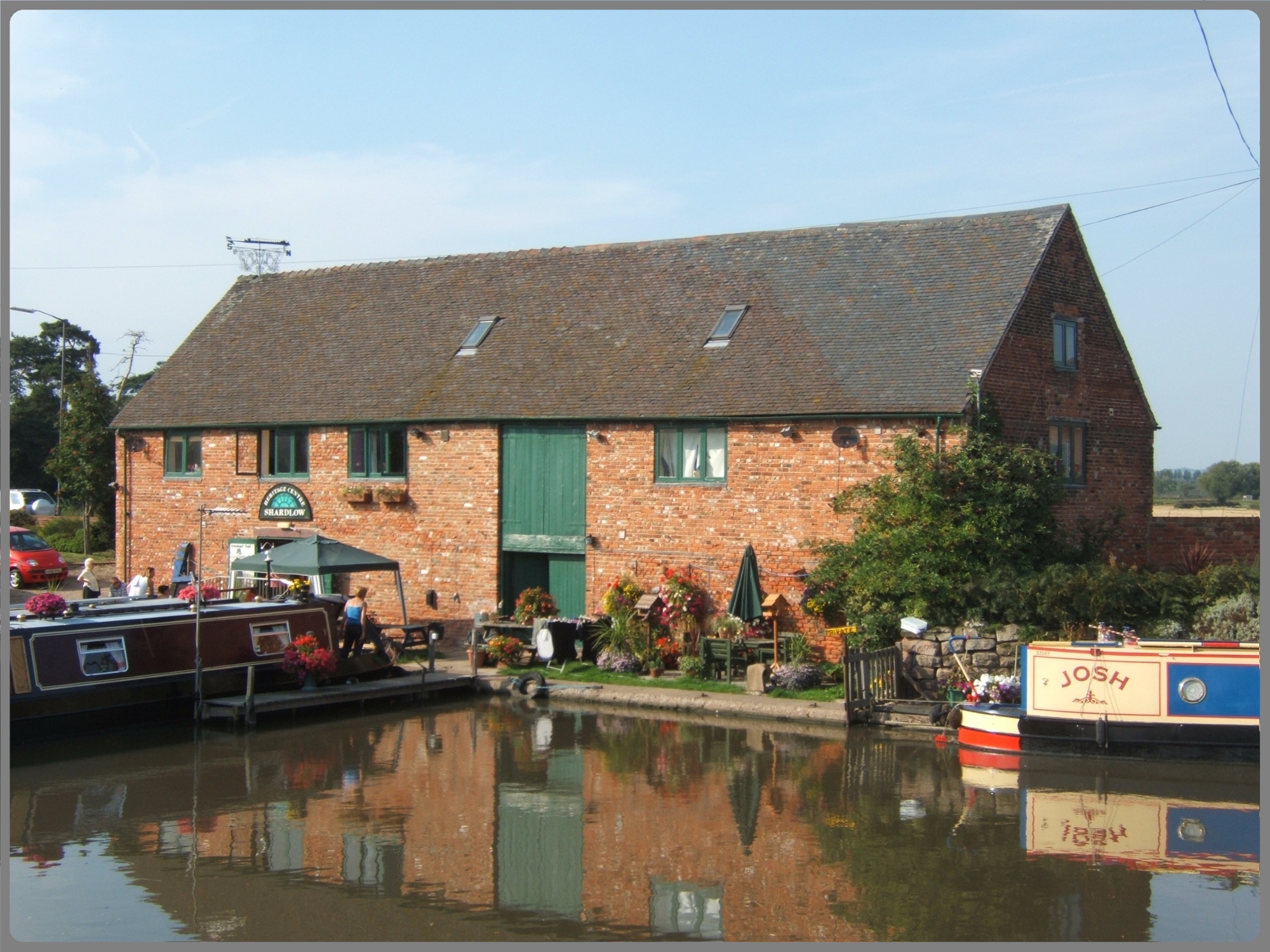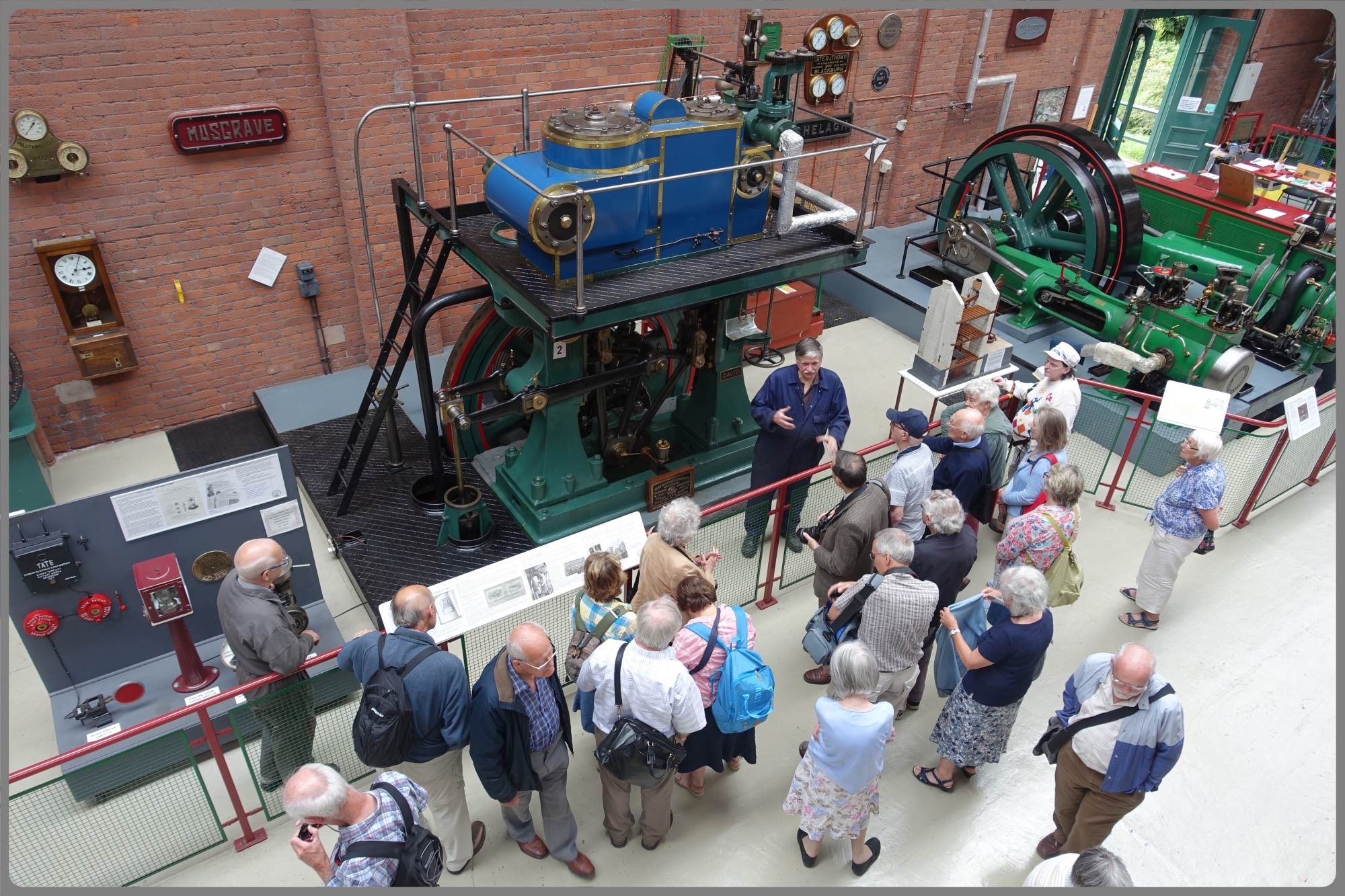Industrial Archaeology Section
Derbyshire has enjoyed an enormously varied range of industry, from basic agricultural processing activities such as corn milling through to high-tech aerospace. The county was in the forefront of the 18th century industrial revolution in the textile industries, which has resulted in the Derwent Valley being designated as a World Heritage Site. The Industrial Archaeology Section talks and visits provide members with the opportunity to learn about this important aspect of our history.
The section is affiliated to the national Association for Industrial Archaeology (AIA), and we collaborate with other regional societies to organise the twice-yearly East Midlands Industrial Archaeology Conference (EMIAC), which is a one-day event with talks and visits on a specific location or industry. Details of forthcoming AIA and EMIAC events are listed on the ‘Non DAS events’ page of the website.
Some years ago members of the section compiled a comprehensive list of sites of industrial heritage interest across the county, and this has been published as a series of gazetteers (by local government area). We have also published reproductions of historical maps. See the ‘Other Publications’ page of the website for a full list and prices.
The section is also the guardians for Morley Park Ironworks, two early coke fired blast furnaces that survive as a scheduled ancient monument near the village of Street Lane, south of Ripley. Working parties are organised to pick litter, clear vegetation and undertake minor repairs.


